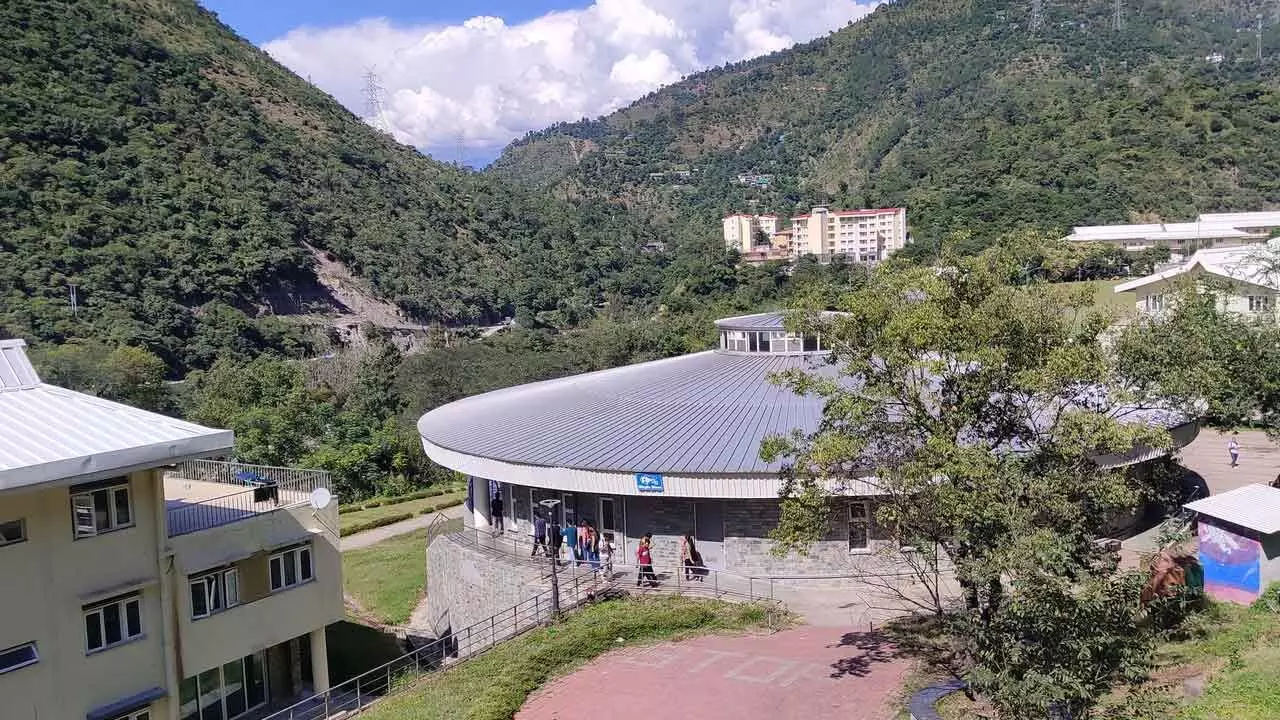IIT Mandi research may revolutionise thermal energy efficiency in solids
By focusing on complex crystal structures and superionic conductors with low thermal conductivity, the team found new insights that could revolutionise energy efficiency and sustainability
IIT Mandi research may revolutionise thermal energy efficiency in solids

This advancement holds the potential to revolutionise thermoelectric materials, leading to more efficient cooling systems and energy recovery technologies -- Dr Ajay Soni, School of Physical Sciences, IIT Mandi
New Delhi: Researchers at the Indian Institute of Technology (IIT) Mandi have made new strides in the fields of thermoelectric materials and superionic conductors with high electrical and poor thermal properties, an advance that could significantly impact energy efficiency and sustainability.
By focusing on complex crystal structures and superionic conductors with low thermal conductivity, the team found new insights that could revolutionise energy efficiency and sustainability.
Thermoelectric materials are unique in their ability to conduct electricity efficiently while being poor conductors of heat, making them ideal for applications such as refrigeration, energy generation, and thermal management in advanced electronics. This property challenges the conventional understanding of metals, which are typically known for their high thermal and electrical conductivity.
Led by Dr Ajay Soni from the School of Physical Sciences at IIT Mandi, the research team has conducted an in-depth study on large unit cell mineral chalcogenides. These materials exhibit unique electronic and vibrational properties. The research reveals that irregular atomic vibrations within the crystal lattices significantly reduce thermal conductivity, enhancing the materials' effectiveness for thermoelectric applications and thermal management. "Our research on the unharmonic rattling in sulfosalt tetrahedrites provides crucial insights at the atomic level for understanding thermal conductivity in these solids," said Dr Soni. "This advancement holds the potential to revolutionise thermoelectric materials, leading to more efficient cooling systems and energy recovery technologies."
In a separate study, the team also explored superionic conductors, including silver and copper, known for their excellent ionic conductivity. These materials, despite being crystalline, exhibit thermal conductivity comparable to glassy materials, making them critical for harvesting heat in the mid-temperature range and advancing solid-state electrolytes for future technologies.

